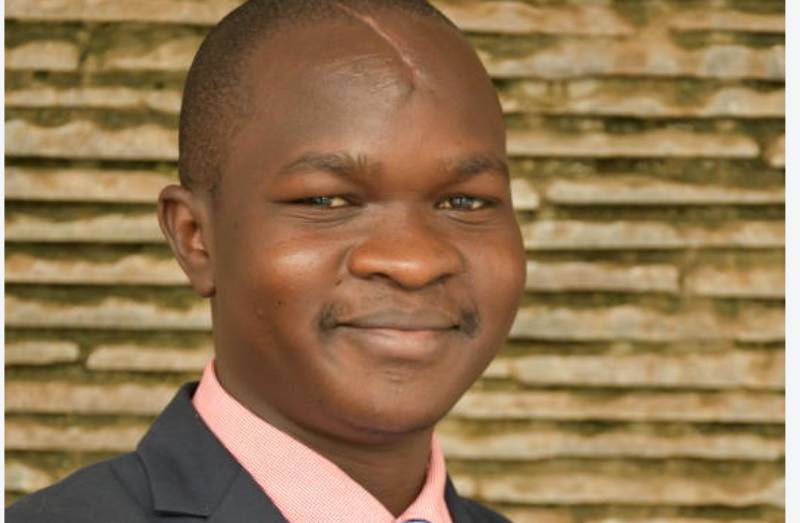×
The Standard e-Paper
Home To Bold Columnists

Some people are so kind, hospitable and affable that spending a minute with them is an invaluable lesson on developing personal compassion. Gabriel Dinda (pictured) is such a person.